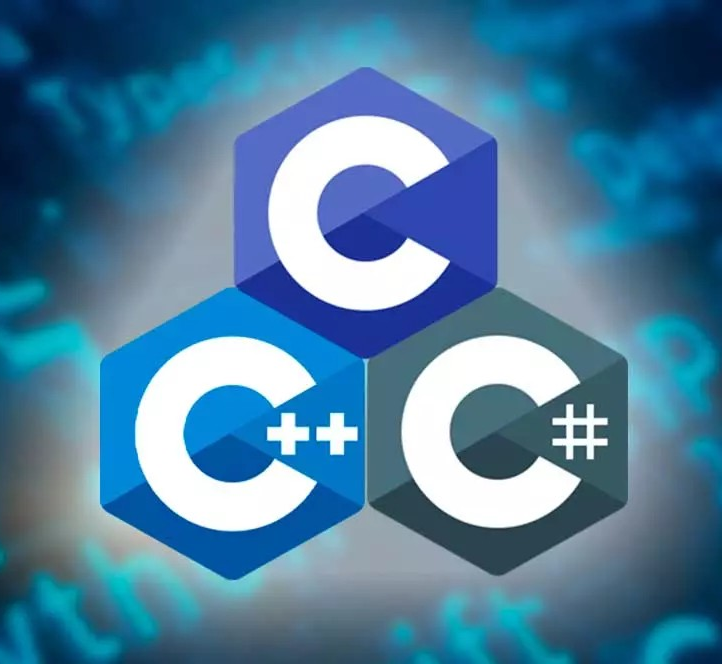Curious about the differences between C, C++, and even C#? Let’s break it down. First, understand that C is the foundation of both C++ and C#. Developed in the 1970s, C is a procedural and imperative language, mainly used for system programming and tasks that require close-to-hardware interaction. Its portability has made it a staple for operating systems and embedded programming.
Evolution and Core Focus
| Language |
Developed In |
Core Focus |
Description |
| C |
1970s |
System and hardware programming |
C is a basic, procedural language, focusing on step-by-step instructions for tasks. It’s known for portability and system-level access. |
| C++ |
1980s |
Object-oriented programming + C |
C++ builds on C, adding object-oriented capabilities, making it suitable for more complex applications. Programmers gain greater flexibility with memory management and system resources. |
| C# |
2000s |
Simplified app development |
C# builds on C++ concepts, simplifying application development for Windows and web services. It offers a cleaner syntax and integrates well with Microsoft frameworks. |
Feature Comparison
| Feature |
C |
C++ |
C# |
| Programming Style |
Procedural |
Procedural & Object-Oriented |
Object-Oriented |
| Memory Management |
Manual |
Manual, with more control |
Managed by .NET Framework |
| Portability |
High |
High |
Moderate |
| Syntax Complexity |
Simple |
Moderate |
Higher-level, simpler syntax |
| Primary Use Cases |
System software, drivers |
Games, high-performance applications |
Windows apps, web development |
Example Comparison
C Example
#include <stdio.h>
int main() {
printf("Hello, World!");
return 0;
}
C++ Example
#include <iostream>
using namespace std;
int main() {
cout << "Hello, World!" << endl;
return 0;
}
C# Example
using System;
class Program {
static void Main() {
Console.WriteLine("Hello, World!");
}
}
Key Takeaways
- C: Ideal for low-level programming tasks that require direct control of hardware.
- C++: Offers more flexibility, supporting both low- and high-level programming for complex applications, especially where performance matters.
- C#: Optimized for easier, faster development of applications, especially in the Windows and web environments, with built-in memory management and modern features.


